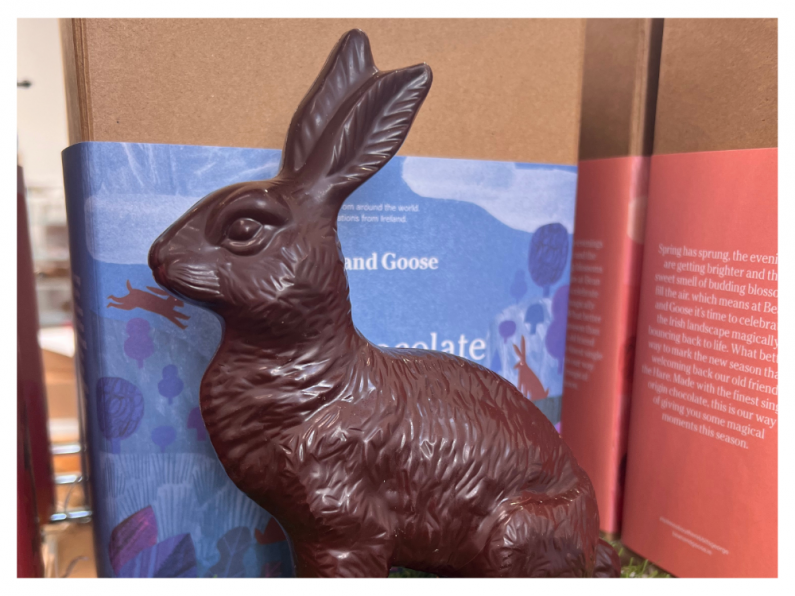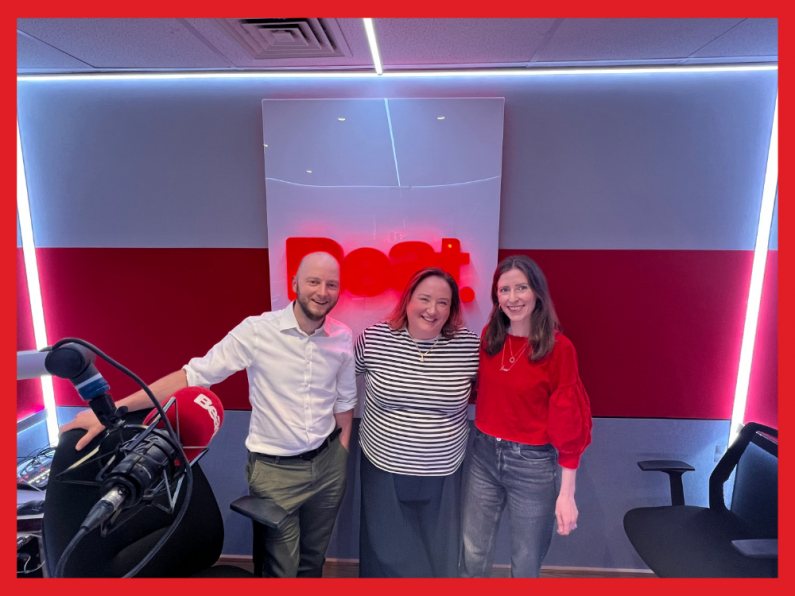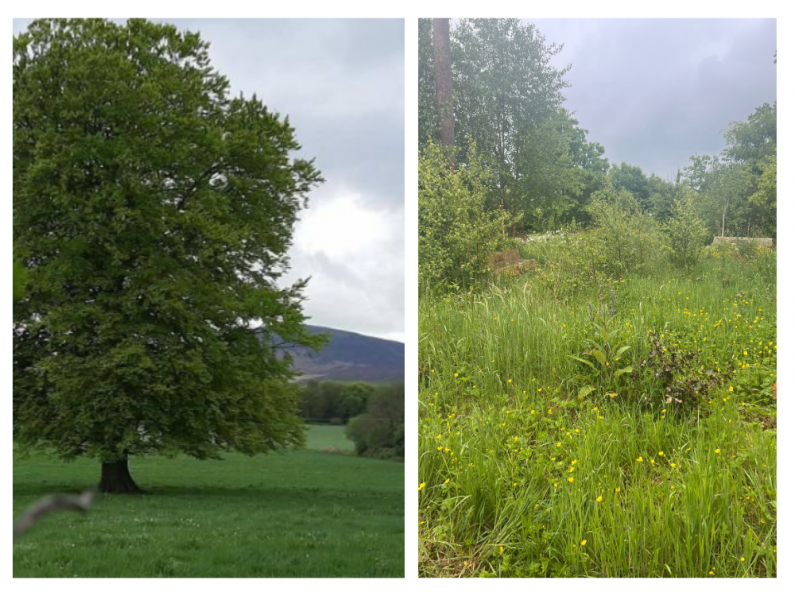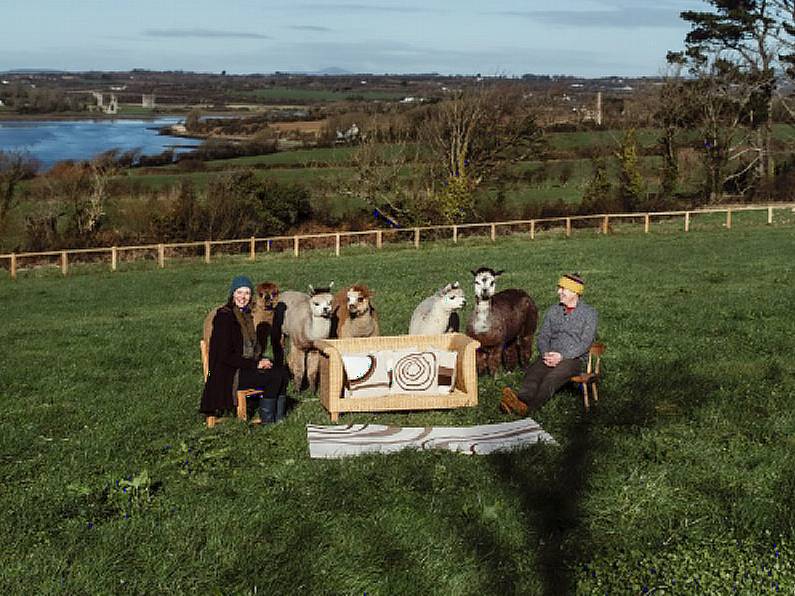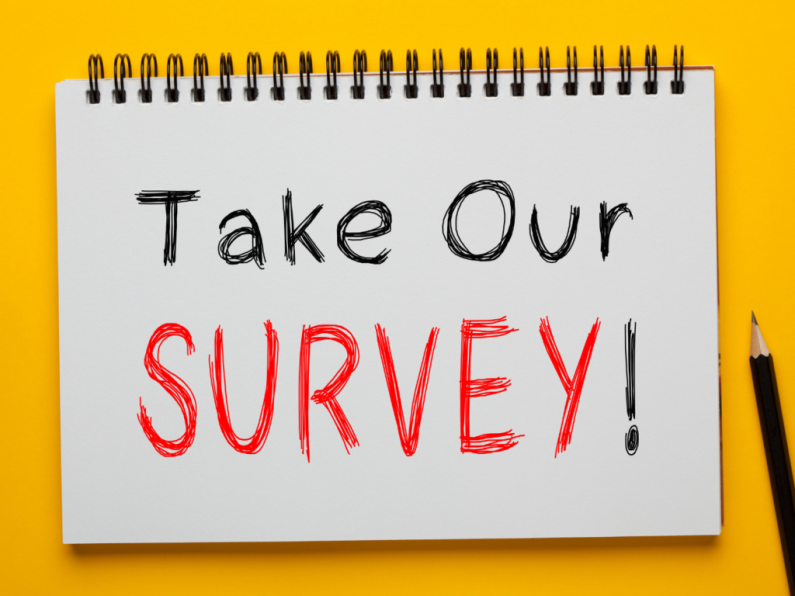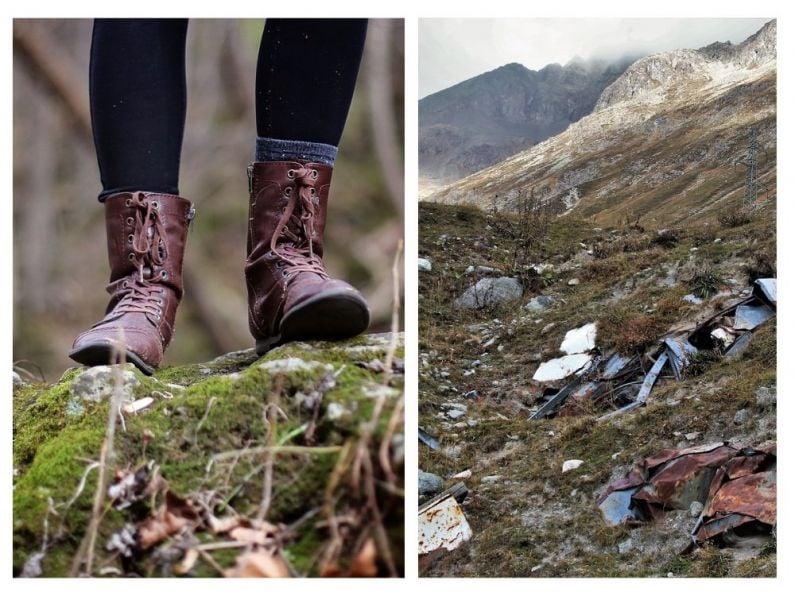How can we add some climate action to our Easter celebrations? In this episode of Ours to Protect, Orla gets the low down from a local artisan chocolatier.
Did you know?
Research from REPAK shows:
Ireland expected to recycle over 62,000 tonnes of packaging this Easter.
The quality of chocolate is the leading motivating factor when it comes to purchasing Easter eggs
59% will only purchase chocolate eggs whereas 30% plan to give an alternative gift alongside their Easter eggs
88% are confident in their recycling abilities when it comes to disposing of Easter egg packaging
However, despite this confidence, only 52% actually know what belongs in the recycling bin. Repak is encouraging the public to make sure they recycle all packaging from Easter eggs and gifts this year
This Easter, Irish residents are expected to recycle over 62,000 tonnes of packaging waste – a 1.8% increase on the 60,900 tonnes recycled in 2023. Easter marks one of the busiest times of the year across the country for waste recovery operators, which is why it’s so important that all packaging including cardboard boxes, plastic moulds, chocolate trays and clean tin foil are all placed in the recycling bin clean, dry and loose.
New research* commissioned by environmental not-for-profit organisation, Repak, surveyed 1,000 adults in Ireland on their Easter spending, recycling habits and knowledge of what can be recycled.
Recycling habits at Easter
An overwhelming majority (88%) said that they felt confident in their recycling abilities when it comes to disposing Easter egg packaging. However, when asked how much of their Easter egg packaging they would recycle, just three in five (59%) stated they planned to recycle all of it. A quarter (25%) said they would recycle the cardboard box and plastic insert, while one in ten said they would only recycle the outer cardboard packaging. Just 2% said they didn’t plan to recycle at all.
Hans Zomer, Chief Executive of Global Action Plan, says we haven’t always celebrated Easter as we do now. “I think it’s fair to say things have gotten out of hand. We are generating massive amounts of waste. We’re polluting the atmosphere and the environment with the plastic and the energy we use. Statistics say that each child eats on average eight chocolate eggs over the Easter break” Hanz explained.
After decorations, packaging, and how the chocolate is produced, Easter can become quite worrisome for our environment. “Most people spend about €40 per person on Easter. We’re generating so much waste. The chocolate eggs you buy in the supermarket, are largely packaged. The box alone can comprise between 60% and 80% of the weight. The chocolate egg is only about one-third of the weight of what you buy, the rest is plastic and cardboard.”
Hans says; “if we put that together with the fact that we know people only recycle approximately 50% of the plastic and the paper that we get in, it means that we are adding a massive amount to our landfill.”
Bean and Goose
There are more sustainable versions of the Easter egg, or whatever way you like your chocolate at easter and all year round. Bean and Goose is a chocolate company based in North Co.
Wexford and co-founded by sisters Karen and Natalie Keane. They have many easter and chocolate products in production as Fairtrade and sustainability was to the fore when they began business ten years ago.
“It was always really important to us, we’ve got to be able to stand over it, and then you can do the beautiful things with chocolate. But it can only be beautiful when everyone along the chain wins. We are inspired by our environment, our landscape, and what grows here, and all of those things inspire everything we do at Bean and Goose. It makes sense for us to protect it, look after it, and treat it respectfully.”
Bean and Goose chocolate is supplied with sustainability in mind. “We get that chocolate because it is truly sustainable. It is a very short supply chain so we can chase it right back to the growers. We work directly with the families that grow the cacao bean, they are paid above Fairtrade prices and we set those prices for three years. What that means is the prices are set so people can have security of income, they know what a kilo of beans is going to cost which is vital for families.”
There is no plastic in their packaging, everything is recyclable or compostable. “Sustainability has always been at the forefront of Bean and Goose. To create our bars, we choose to partner with the ‘bean to bar’ organic producer Original Beans for our raw materials, a company that cares as much as we do about the impact that our business has on the planet. Original Beans create the most beautiful couverture in the world in the most sustainable way. By choosing Bean and Goose chocolate you are making a positive impact on people and the planet.”
To find out more visit:
http://repak.ie/
https://globalactionplan.ie/
https://beanandgoose.ie/
***
To listen back to our latest episode, click here.
To find out Your Carbon Footprint, visit footprintcalculator.org.
We'd also like to here your say on Climate Action by taking part in our survey.
Ours to Protect is funded by Coimisiún na Meán with the Television Licence Fee.
This project is a partnership between Beat 102 103 and the Independent Broadcasters of Ireland.
Check out Ours To Protect for more information.
